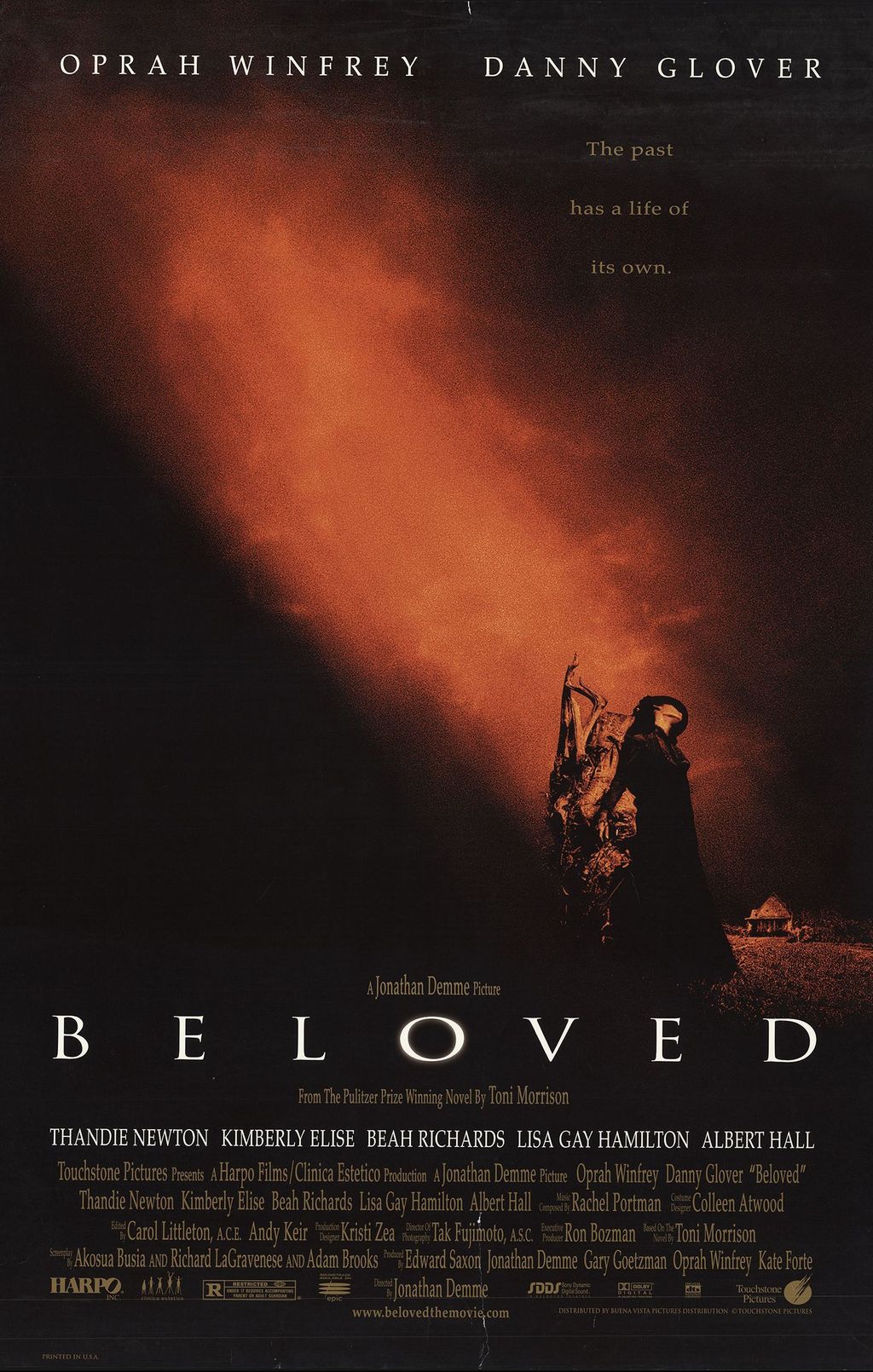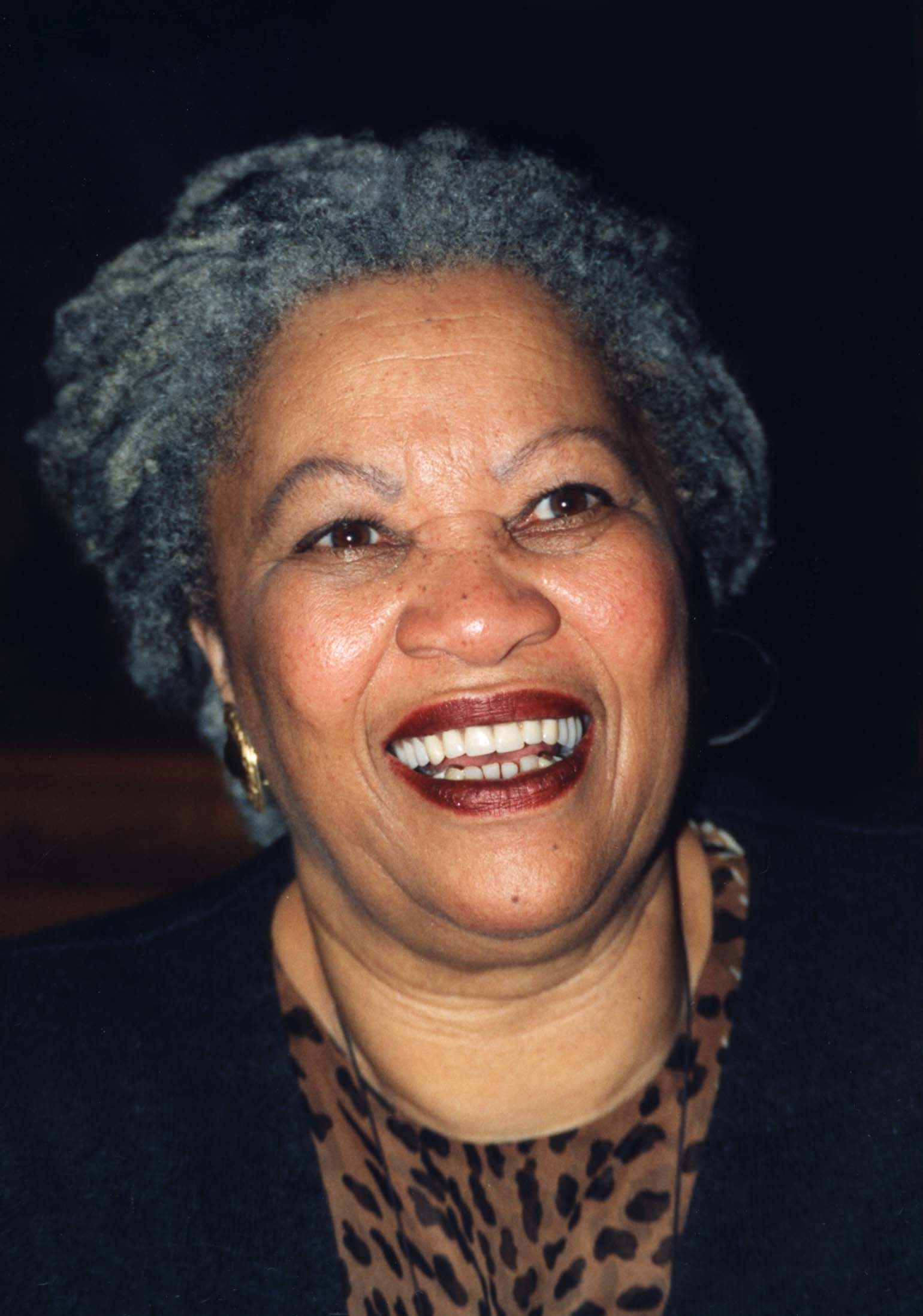
Toni Morrison’s 1987 novel Beloved remains one of the most powerful and enduring works in American literature. Awarded the Pulitzer Prize and a finalist for the National Book Award, the novel explores the lasting psychological and emotional scars of slavery through an intensely personal lens. Its impact transcends traditional literary acclaim, becoming a foundational text in classrooms, public discourse, and the broader cultural imagination.
Recognized by a New York Times survey as the best American fiction work from 1981 to 2006, Beloved continues to provoke critical dialogue and reader introspection. Morrison’s nuanced storytelling, layered symbolism, and unflinching portrayal of trauma compel readers to grapple with the legacies of slavery in ways that are both intimate and universal.

A True Story that Inspired Fiction
The novel draws inspiration from the harrowing real-life story of Margaret Garner, an enslaved woman who escaped from Kentucky to Ohio in 1856. Pursued under the Fugitive Slave Act, Garner killed her youngest daughter to prevent her re-enslavement. Morrison discovered the story in an 1856 newspaper article titled “A Visit to the Slave Mother who Killed Her Child,” which she had previously edited for The Black Book in 1974. This act of maternal desperation becomes the emotional and moral center of Beloved.
Morrison’s dedication, “Sixty Million and more,” acknowledges the millions of Africans and their descendants who perished due to the Atlantic slave trade. The epigraph from Romans 9:25—“I will call them my people, which were not my people; and her beloved, which was not beloved”—introduces themes of identity, belonging, and mourning.
Sethe and the Haunting of 124 Bluestone Road
Set in 1873 in Cincinnati, Ohio, Beloved centers on Sethe, a formerly enslaved woman, and her daughter Denver, who live at 124 Bluestone Road. The house is haunted by what they believe is the angry spirit of Sethe’s eldest daughter, driving away Sethe’s sons by the time they were thirteen. Isolated from the community, Denver grows up friendless and reclusive, while Sethe grapples with her past and the burdens of memory.
The arrival of Paul D, a man who was enslaved with Sethe at the Sweet Home plantation, brings a brief reprieve. His presence forces the ghost to retreat, and he encourages Sethe and Denver to attend a carnival. Upon returning home, however, they find a mysterious young woman at their doorstep who identifies herself only as Beloved.

The Enigmatic Beloved and a Family’s Descent
Sethe quickly becomes enthralled by Beloved, drawn by a subconscious hope that she is the reincarnation of her lost daughter. Denver, too, grows attached, while Paul D remains skeptical and increasingly uneasy. Beloved soon manipulates her way into Paul D’s vulnerability, coercing him into a sexual encounter that awakens traumatic memories from his time in bondage and on a chain gang.
Haunted by shame, Paul D proposes starting a family, only to be met with fear from Sethe, who is terrified of bearing another child. His hope for renewal is clouded by the community’s lingering judgment about Sethe’s past, which Stamp Paid reveals by showing him a newspaper clipping about the woman who killed her child.
When Paul D confronts Sethe, she recounts her desperate decision to kill her daughter rather than return her children to slavery. Paul D recoils, declaring her love “too thick,” to which Sethe responds, “thin love is no love,” firmly defending her actions. Convinced Beloved is truly her daughter, Sethe devotes herself to appeasing the young woman, who becomes increasingly domineering.

Denver’s Awakening and the Power of Community
As Sethe wastes away under Beloved’s emotional and spiritual grip, Denver recognizes the need to act. She recalls her brothers’ fear and the community’s earlier rejection of their family, rooted in resentment of Baby Suggs’s perceived privileges and horror at Sethe’s infanticide. Isolated for years, Denver reaches out to the community, a move that marks her emergence from childhood and into agency.
Ella, a neighbor with her own traumatic past, leads a group of Black women in a ritual exorcism. Their collective voices swell into a powerful force that ultimately drives Beloved away. At the same time, Mr. Bodwin, the family’s white landlord, arrives to offer Denver a job. Mistaking him for Schoolteacher, Sethe attacks him with an ice pick before being restrained by the women. In the ensuing chaos, Beloved vanishes without explanation.

Redemption, Identity, and Healing
After Beloved’s disappearance, Sethe is bedridden, consumed by grief and guilt. She refers to Beloved as her “best thing,” but Paul D gently reminds her, “You your best thing,” prompting a moment of introspection. This exchange captures a central theme of the novel: the possibility of healing and self-worth despite immense trauma.
Through Paul D and Sethe’s mutual care and Denver’s emergence into adulthood, Morrison suggests that healing requires not only remembering but also recognizing one’s intrinsic value. The return to community, after years of ostracization, marks a potential path forward.

Themes of Memory, Masculinity, and Family Fragmentation
Beloved explores the enduring trauma of slavery through recurring themes of memory repression and identity fragmentation. Sethe, Paul D, and Denver are each shaped by unspeakable pain. Paul D’s metaphorical “tobacco tin” heart, where he stores his worst memories, illustrates the burden of suppressed trauma, especially for Black men whose manhood was systematically dismantled by slavery’s brutality.
Sethe’s motherhood becomes both her salvation and her torment. Her radical act of maternal protection estranges her from the community and her surviving children. It also traps her in a past she cannot release, mirroring how slavery fractured African-American families, rendering their bonds vulnerable and often irreparably broken.
The novel also critiques the aestheticization of pain, such as Sethe’s recollection of her scars being called a “Choke-cherry tree.” Paul D and Baby Suggs reject this romanticization, insisting that suffering should not be adorned or beautified.

Legacy, Controversy, and Cultural Significance
Beloved has extended its reach through various adaptations, including a 1998 film starring Oprah Winfrey and a BBC Radio 4 dramatization in 2016. Beyond media, Morrison’s words during her acceptance of the 1988 Frederic G. Melcher Book Award inspired the “bench by the road” project, which honors overlooked sites of Black history and remembrance.
The novel has not escaped controversy. During the 2021–2022 academic year alone, it was banned in at least eleven U.S. schools due to its graphic content. Incidents in Kentucky and Virginia illustrate its continued power to challenge societal comfort zones. The “Beloved Bill,” proposed in Virginia to regulate school reading materials, sparked political debate and highlighted tensions over curriculum control.
Despite these challenges, Beloved endures as a powerful literary reckoning. It memorializes the unspeakable and amplifies voices long silenced. Through Morrison’s unrelenting narrative, readers are called to confront the ongoing legacies of slavery, not merely as history, but as a living truth etched into the American experience.

Beloved is more than a novel; it is a literary act of remembrance and resistance. Through unyielding honesty and lyrical precision, Toni Morrison reveals the emotional, psychological, and spiritual cost of slavery. Yet within the sorrow, there exists a quiet strength—the possibility of reclaiming the self, finding healing through community, and redefining love and humanity on one’s own terms.




